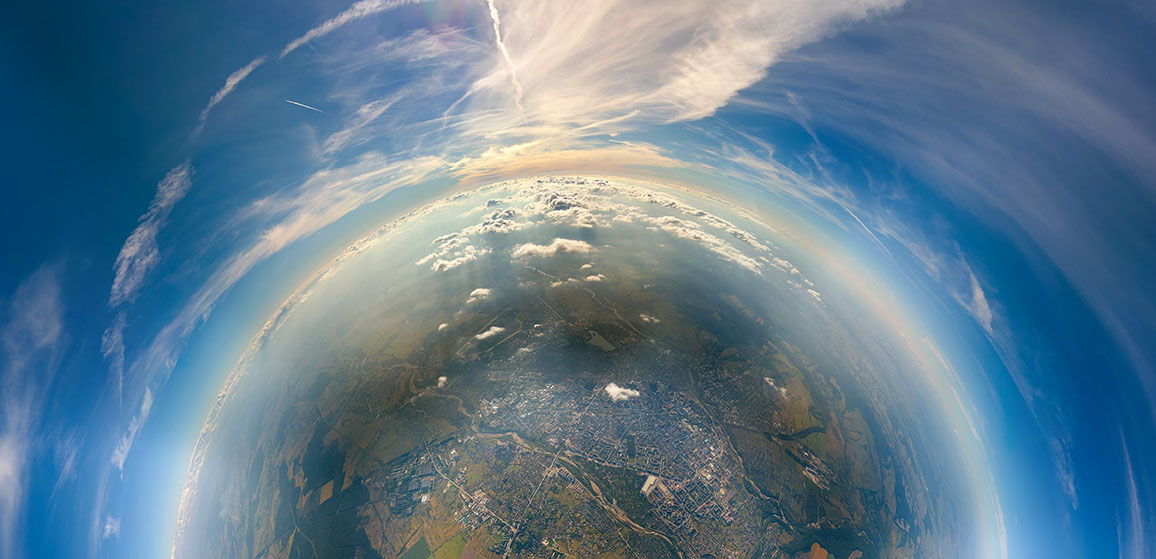

Atmosphere is the layer of gases that surrounds Earth. It is made up of mostly nitrogen and oxygen, with smaller amounts of other gases like carbon dioxide, water vapour, and argon.
The atmosphere is important for life on Earth. It protects us from the harmful radiation from the Sun, and it helps to keep the Earth warm. The atmosphere also helps to distribute water vapour around the globe, which is important for rain and snow.
Here are some of the gases that make up the atmosphere:
The Earth's atmosphere is essential for life, as it provides oxygen for breathing and protects us from harmful radiation.

Noun: atmosphere.
Adjective: atmospheric.
Adverb: atmospherically.
Synonyms: air, ambience, ambiance, aura, climate, mood, spirit.
Antonyms: vacuum, void.
The word "atmosphere" comes from the Greek word atmos, which means "vapour" or "steam," and sphaira, which means "sphere." The word "atmosphere" was first used in English in the 17th century. It originally referred to the layer of air surrounding the Earth, but the meaning of the word has since expanded to include the meaning of "the surrounding air or environment.".
What gases can be found in the atmosphere?